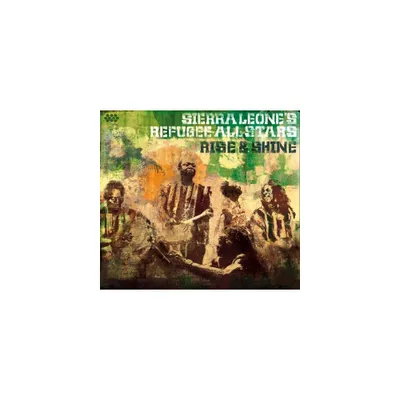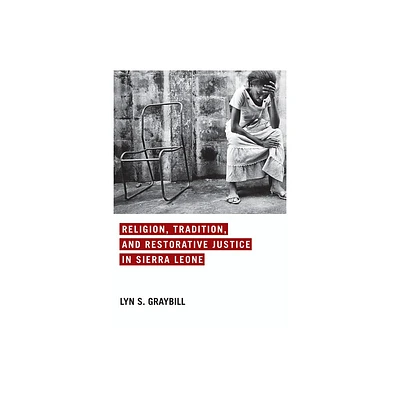Home
Political Leadership Sierra Leone
Loading Inventory...
Barnes and Noble
Political Leadership Sierra Leone
Current price: $51.00


Barnes and Noble
Political Leadership Sierra Leone
Current price: $51.00
Loading Inventory...
Size: Paperback
*Product Information may vary - to confirm product availability, pricing, and additional information please contact Barnes and Noble
In an age when men have come to believe that their destinies can be determined by human actions rather than by fate, the question looms large of what a leader can do to fulfill the aspirations of those looking for guidance. Since the political arena is one involving the use of power, the position of the political leader in particular has become the focus for men's hopes and fears.
This book is a case study of the effect that different forms of political leadership can have upon the shaping of a single state. It focuses upon two successive Prime Ministers of the Small West African state of Sierra Leone: Sir Milton Margai and his younger brother Sir Albert Margai. By examining their dealings with local political units, their handling of ethnic and regional conflicts, their attitude of change and their relations with major economic forces, the author assesses why both leaders had such different measures of success with their divergent political policies.
The major findings of this study are that the method that a leader chooses to accomplish his goals can be important to their realisation as the choice of goals themselves and that a leader may find himself committed to a particular course through simply pursuing a line of least resistance.
This book is a case study of the effect that different forms of political leadership can have upon the shaping of a single state. It focuses upon two successive Prime Ministers of the Small West African state of Sierra Leone: Sir Milton Margai and his younger brother Sir Albert Margai. By examining their dealings with local political units, their handling of ethnic and regional conflicts, their attitude of change and their relations with major economic forces, the author assesses why both leaders had such different measures of success with their divergent political policies.
The major findings of this study are that the method that a leader chooses to accomplish his goals can be important to their realisation as the choice of goals themselves and that a leader may find himself committed to a particular course through simply pursuing a line of least resistance.

















